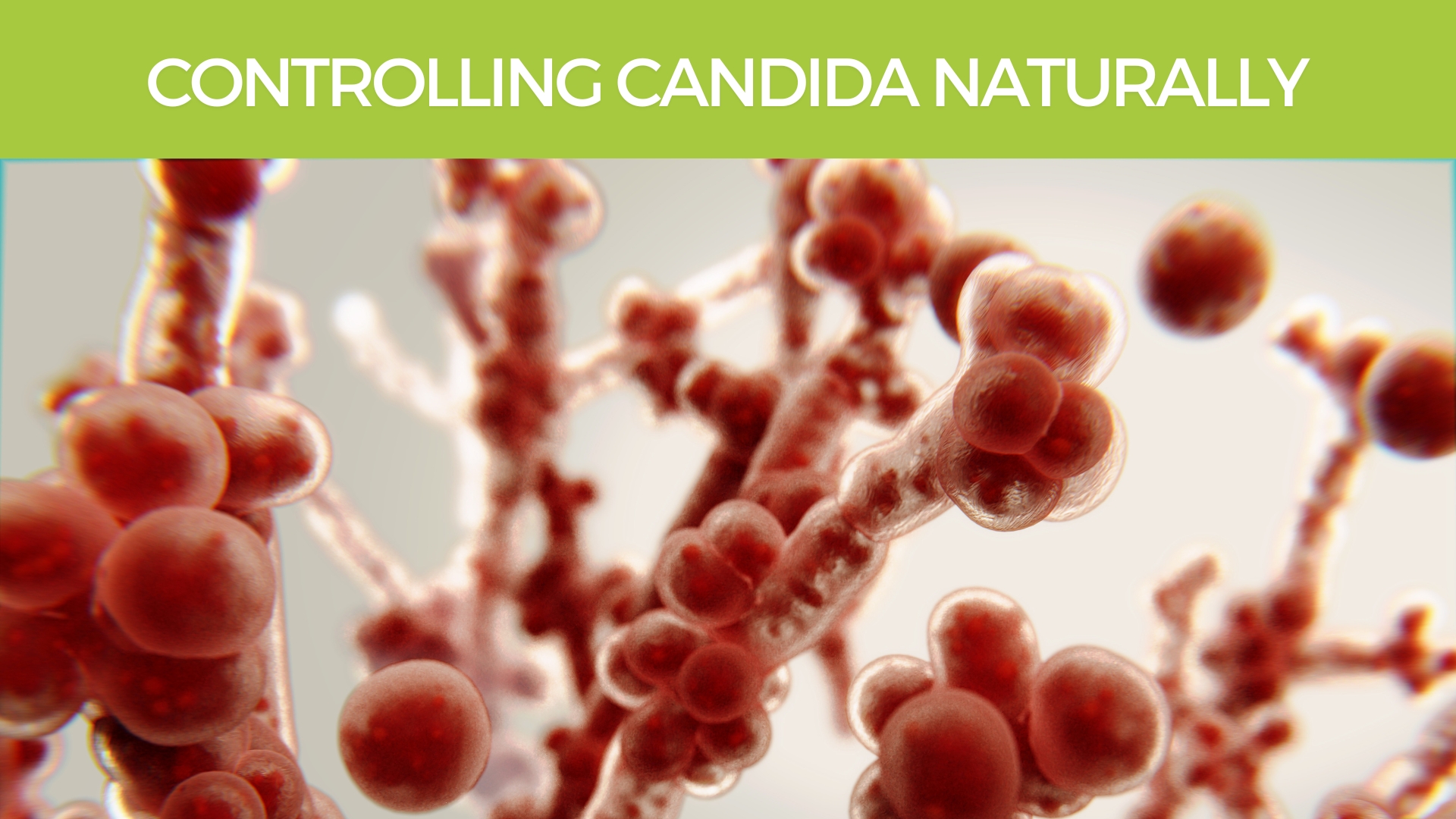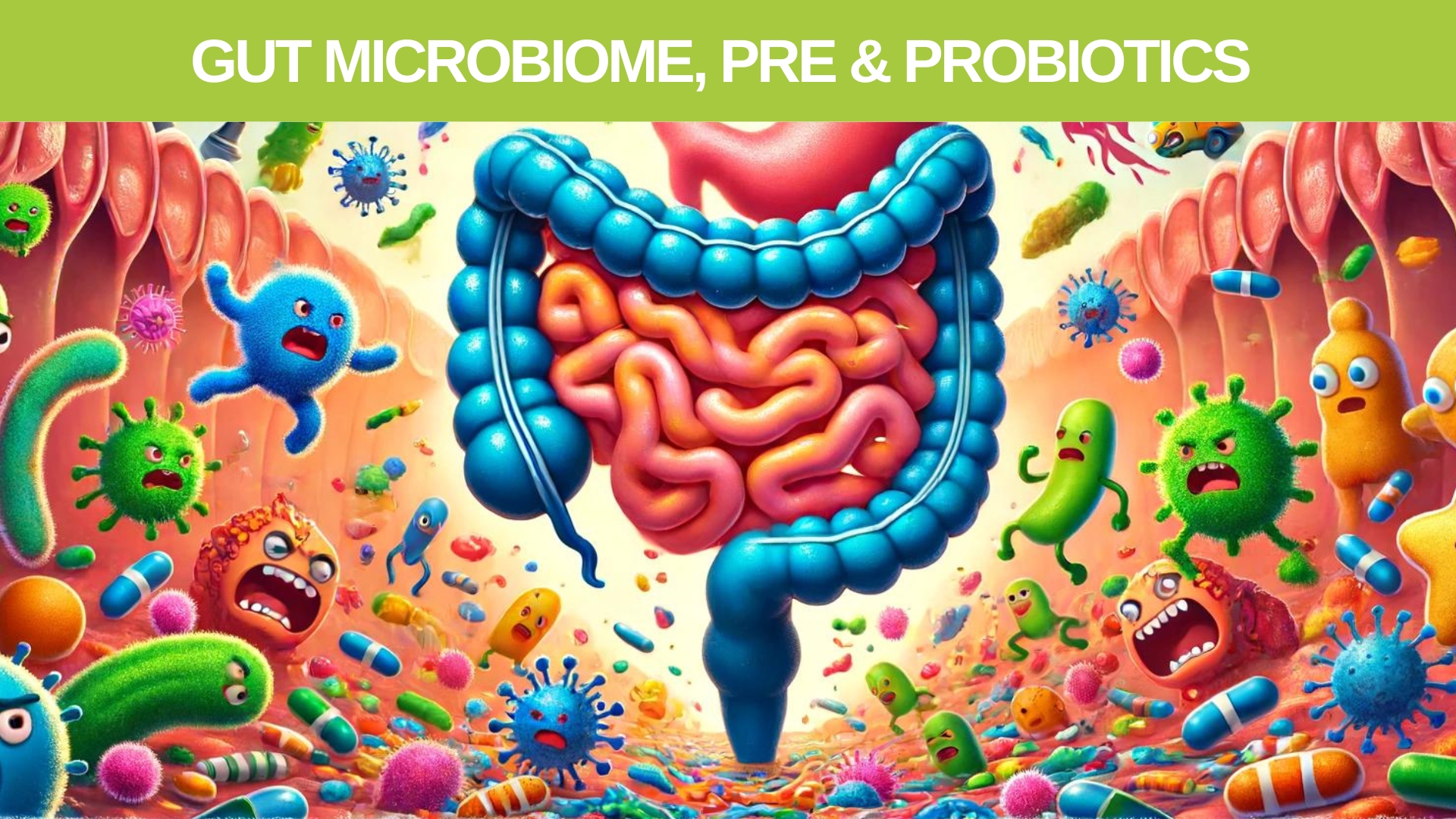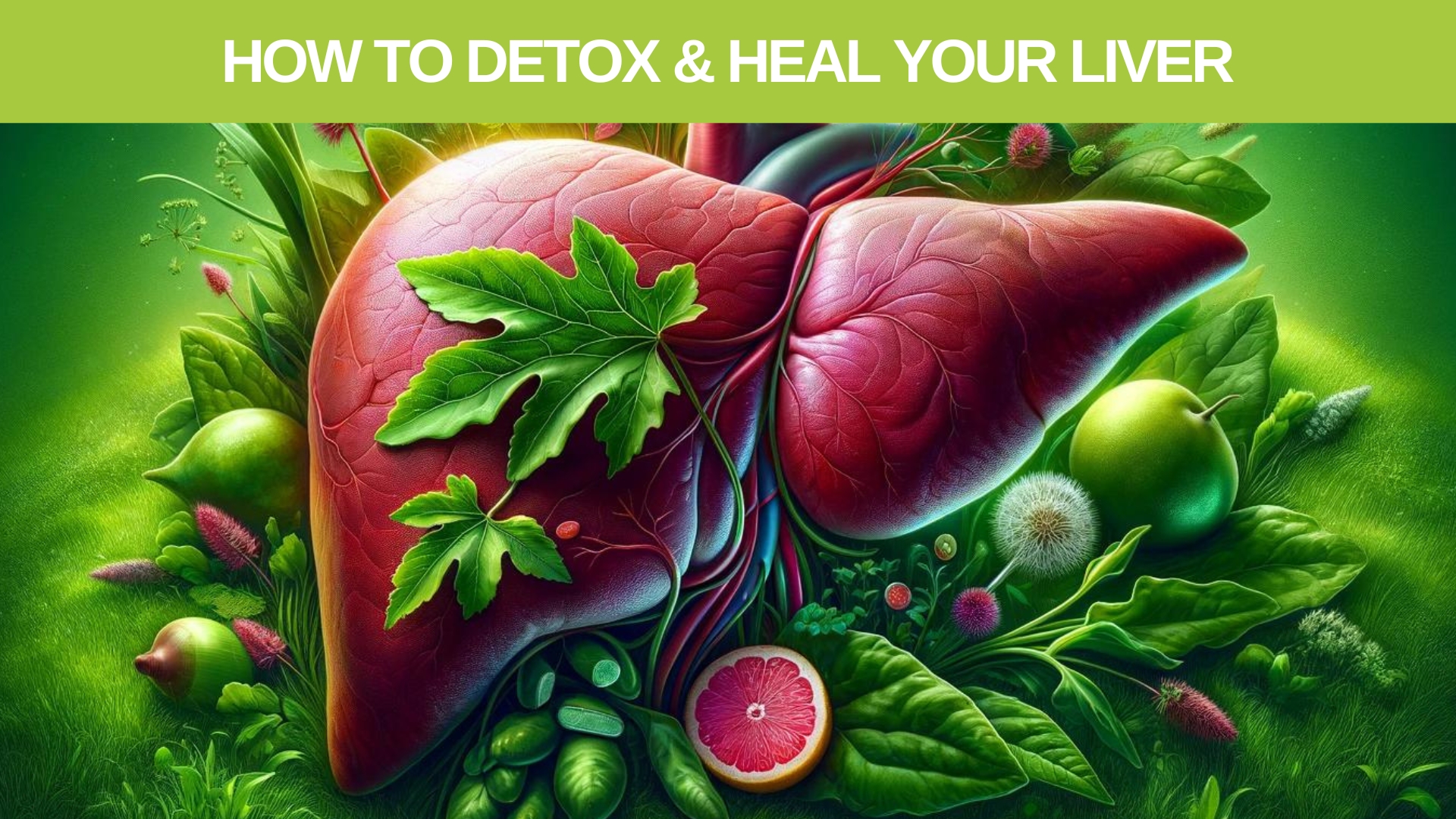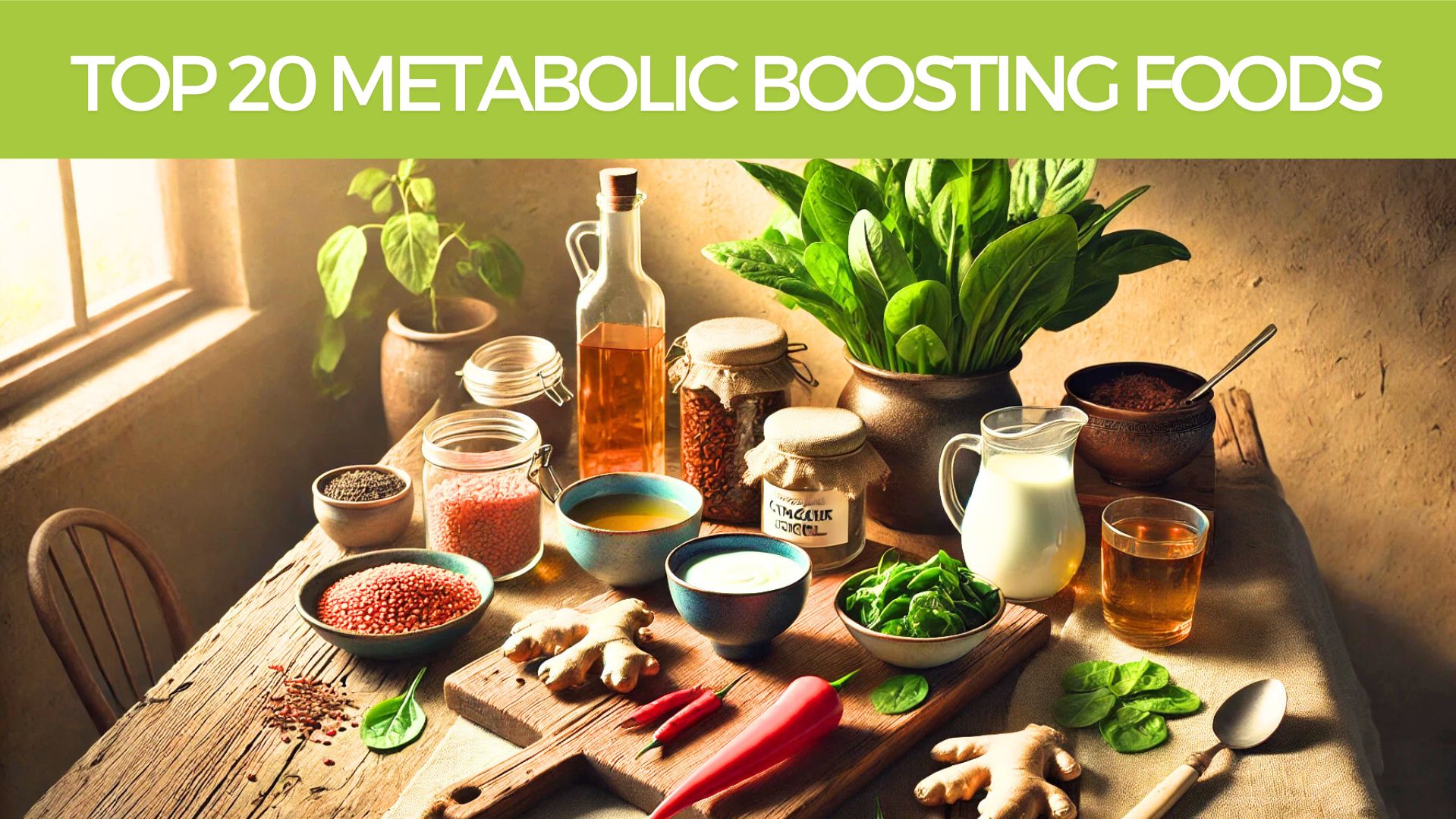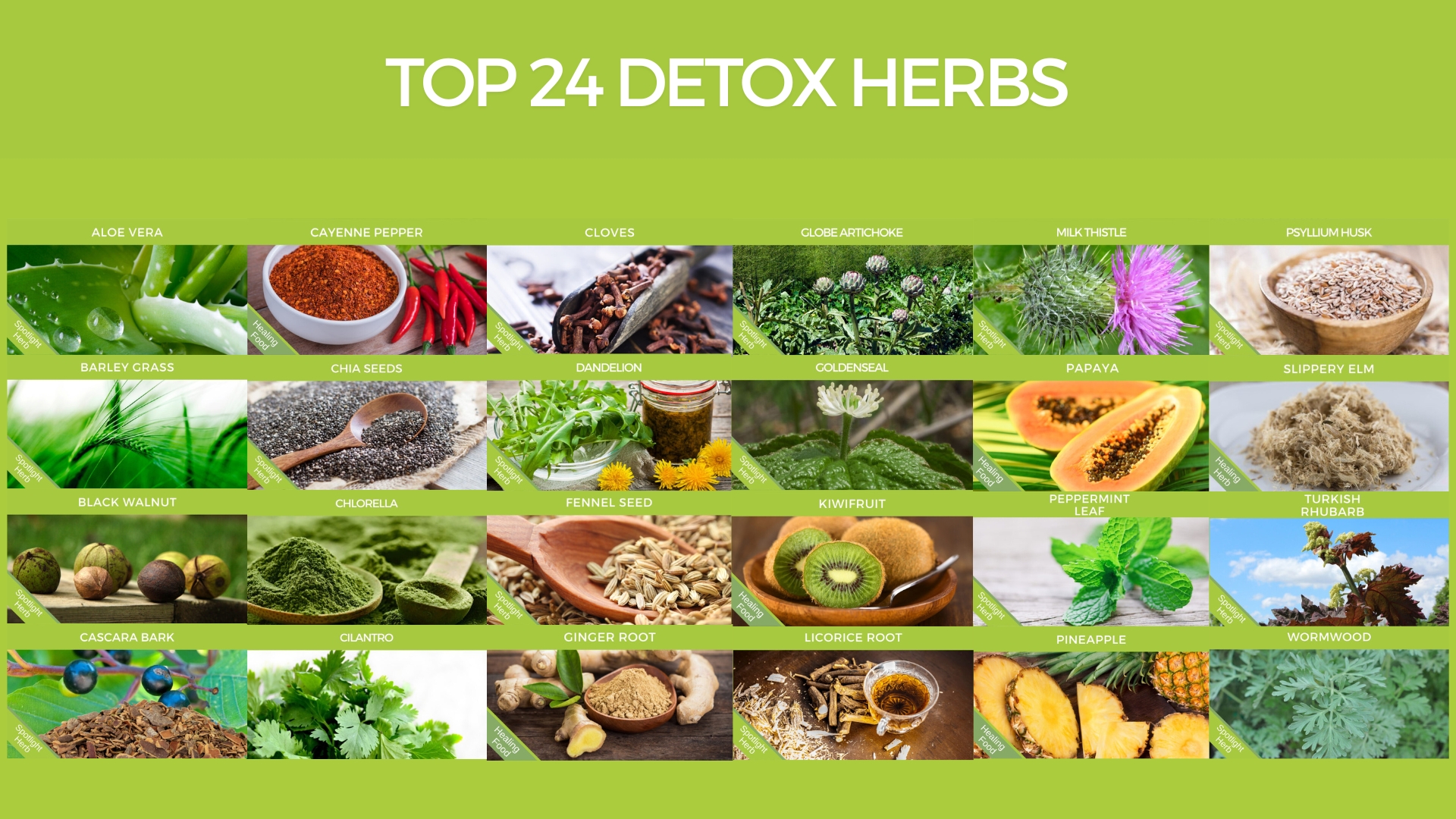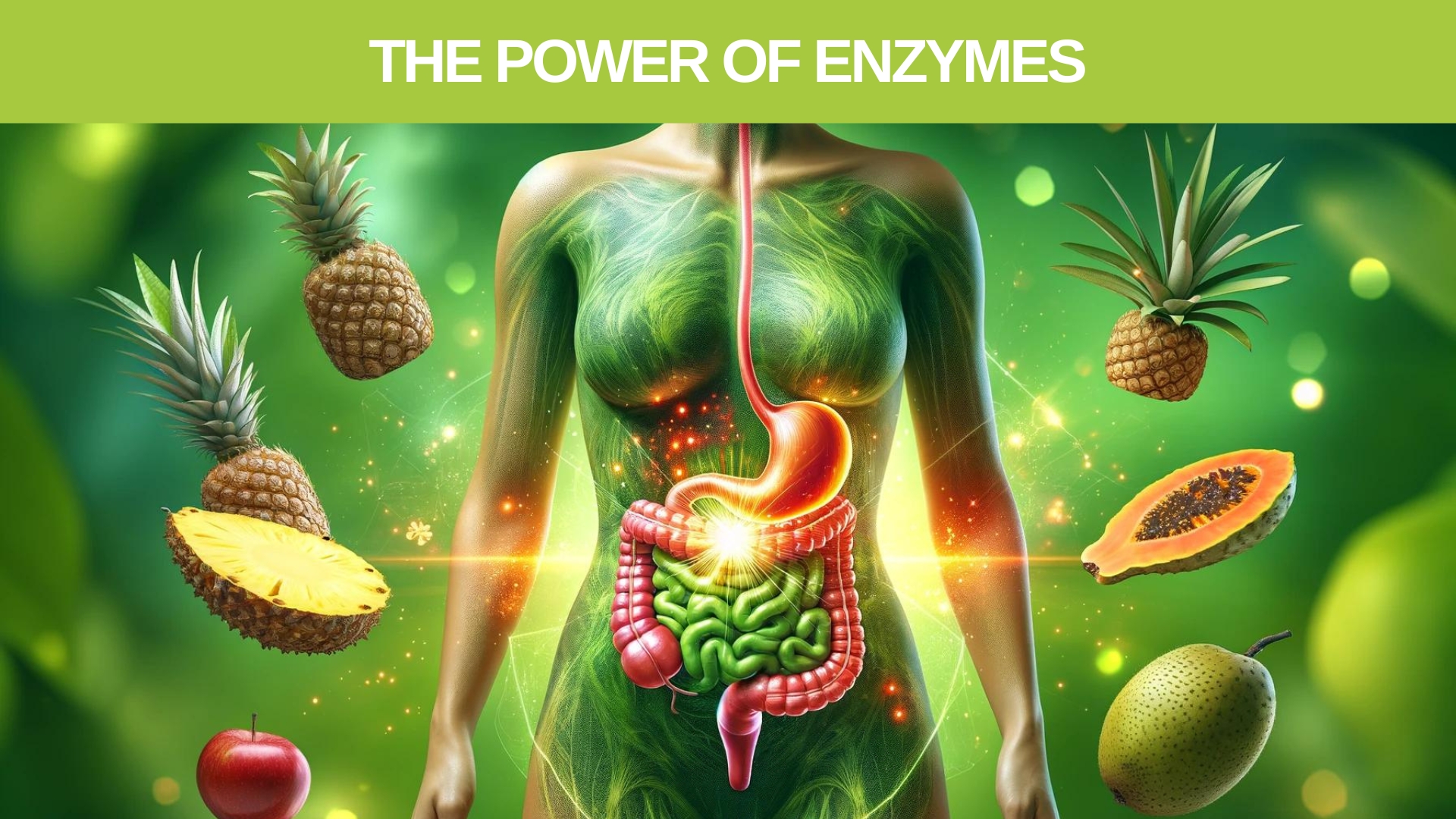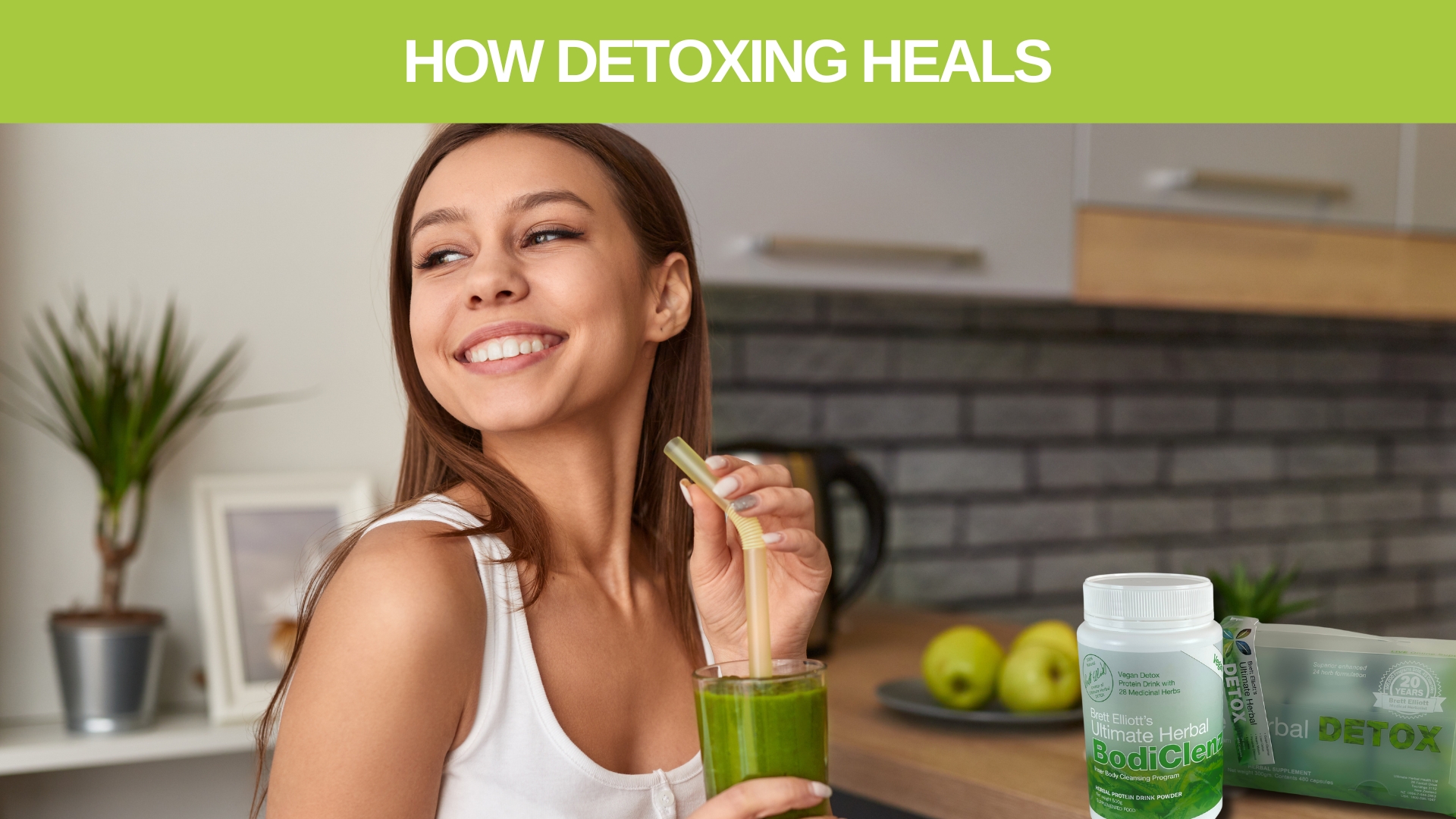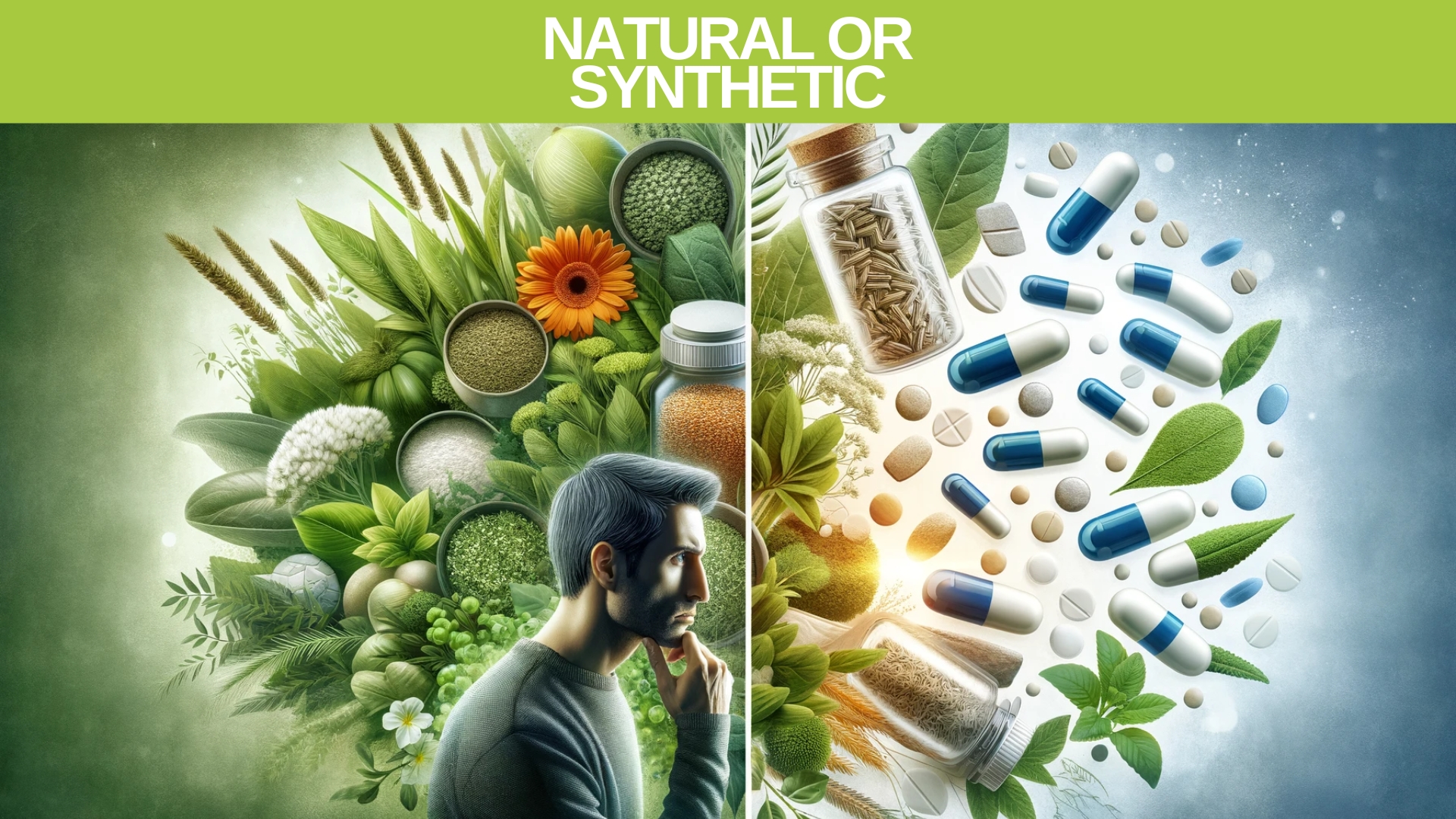Candida is one of those silent invasive parasites that is hard to detect. It’s not something you can measure in a blood test and symptoms can be subtle making candida difficult to diagnose.
Parasite Cleanse Detox Program & Home Remedies
In this article, I will share with you 15 key signs that you may have Parasites plus the foods and herbs that can help keep them at bay.
Four Ways To Improve The Microbiome and Gut Health – Prebiotics, Probiotics, Diet and Herbs
There is a powerful link between the Brain and the Gut that operates in conjunction with the gut microbiome, which in turn regulates our emotions and food-decision making.
The Ultimate Herbal Liver Detox Program
Liver Detox is a controversial subject because medical doctors generally say “you can’t detox your liver because your Liver detoxifies itself”
Top 20 Metabolic Foods and Herbs for Detox and Slim
See 12 Ultimate Metabolism boosting foods with scientific evidence for each.
Top 24 Herbs to Use in a Detox Program
This evidence goes a long way towards proving that a Herbal Detox should be part of our health maintenance plan.
How to Reduce Bloating & Gas Naturally
Also known as flatulence, gas in the stomach is usually associated with what’s going on further down in the digestive system, like in the small intestine and colon.
Understanding Digestive Enzymes in Food
There are many different types of enzymes, which are highly specific to the substances they catalyze, and enzymes aid every metabolic function in the body.
5 Ways A Detox Program Can Trigger The Healing Process
A herbal detox program is the most powerful tool we can use to clear the way back to perfect health.
Natural Medicine: What’s Natural and What Isn’t
Article References Article Get ready to explore the possibility that Nauropathy and Herbal Medicine may have quite differing views on what ‘Natural’ means in practice. References (1) ADVERSE EFFECTS OF NUTRACEUTICALS AND DIETARY SUPPLEMENTS. PubMed https://www.ncbi.nlm.nih.gov/pmc/articles/PMC6380172/ (2) Toxicity Potential of Nutraceuticals. Pubmed https://pubmed.ncbi.nlm.nih.gov/29934903/ (3) The Truth About Vitamins in Nutritional Supplements. https://doctorsresearch.com/fr-products/881/the-truth-about-vitamins-in-nutritional-supplements/ (4) [Bioavailability of natural versus synthetic B vitamins and their effects on metabolic processes]. PUBMED https://pubmed.ncbi.nlm.nih.gov/32189314/ (5) Spirulina Supplements as a Source of Mineral Nutrients in the Daily Diet. https://www.mdpi.com/2076-3417/13/2/1011 Not All ‘Natural Medicine’ Is Truly Natural I see it all the time in my practice as a medical herbalist. People come in with a bag of supplements, often up to 20 different bottles, and I know right away that’s part of the problem. I guess it’s better than 20 prescription drugs, but this cocktail can still be a major problem. Mixing multiple synthetic supplements can be no different as the interactions can be toxic. At least with herbs you have thousands of years of historical use and known beneficial synergistic effects. In-fact this synergy is part of the study of traditional herbal medicine. In the quest for health and wellness, the distinction between what’s considered “natural” and what isn’t can sometimes blur, especially when comparing the practices of naturopathy and medical herbalism. Despite their shared commitment to harnessing the healing power of nature, there are nuanced differences in how each approaches the concept of natural medicine, particularly regarding the use of synthetic chemicals, compounds, and lab-made ingredients. The Practice Of ‘Synthetic’ Naturopathy Naturopathy prides itself on a holistic approach, treating the whole person rather than isolated symptoms. Its broad scope encompasses various natural therapies: Wide-Ranging Therapies: Including nutrition, homeopathy, herbalism and physical therapies, i.e. naturopathy integrates multiple healing modalities. Holistic and Preventative: Focusing on identifying root causes and preventive health. Self-Regulated Practice: With qualifying, registration, and continued professional development requirements varying by location, Naturopaths should operate to high standards of practice. The word ‘Naturopathic’ implies the treatments should be natural, but this is not always the case. Naturopaths might incorporate manufactured supplements, possibly containing synthetic nutrients, to address deficiencies or support bodily functions This integrative approach sometimes includes pharmaceutical-grade supplements to attempt higher efficacy, but the flipside is these supplements may be artificial with potential toxicity and side effects, similar to some pharmaceutical drugs. If you are seeing a Naturopath, you might like to ask them this question: “Are all the supplements you are giving me 100% natural or are they ‘made in a chemical factory’ synthetic?” The Purity of Medical Herbalism Medical herbalism, with its deep roots in the tradition and science of plant medicine, offers a purer interpretation of natural healing. Although similar to Naturopathy in many ways including, the holistic approach to diet and lifestyle, and the employment of other healing therapies, herbal medicine is much, much older and steeped in traditions around the world. What sets the practice of herbal medicine apart includes: Plant-Based Specialization: Emphasizing the therapeutic use of whole plants and herbal preparations, including roots, bark, leaves, berries, and flowers of over 350,000 plants worldwide. Evidence and Tradition: Guided by a combination of historical knowledge and modern research. Over 5,000 research papers are published annually validating the traditional claims made by herbalists throughout the millennia. Personalized Remedies: Crafting remedies tailored to individual needs, focusing exclusively on natural plant constituents. Medical herbalists mix and match herbs and prescribe them as formulations and tea blends specific to each case. Self-Regulated Practice: With qualifying, registration, and continued professional development requirements varying by location, Naturopaths should operate to high standards of practice. Herbalists’ dedication to whole plant medicine naturally limits the inclusion of synthetic ingredients, favoring remedies that harness the full spectrum of phytochemicals found in nature. Read More About How Herbal Medicine Works Here However, some Naturopaths also claim to be Herbalists, so in this instance, you can always ask them once again. “Are all the remedies you are giving me 100% natural or are they ‘made in a chemical factory’ synthetic?” Production of Synthetic Nutraceutical Ingredients The production of synthetic vitamins and nutraceuticals often involves source chemicals that are not naturally found in the human body, such as coal tar derivatives, petrochemicals, and other synthetic materials. These substances are used due to their cost-effectiveness and stability in manufacturing processes. For instance, synthetic forms of vitamins such as vitamin E (dl-alpha tocopherol) and vitamin D2 (ergocalciferol) can be derived from these industrial sources. The synthetic form of Thiamine (Vitamin B1), for example, has been noted to come from coal tar derivatives, processed with harsh chemicals including ammonia and formaldehyde. Additionally, Vitamin B12’s synthetic form has been linked to activated sewage sludge. These manufacturing processes raise concerns about the health implications of consuming synthetic vitamins derived from such sources. Examples Of Common Synthetic Vitamins These are just a few of the ingredients used in common nutritional supplements, highlighting the hidden synthetic nature of these so-called ‘natural’ products. Synergy and Bioavailability Further, the structural and functional differences between synthetic and naturally sourced vitamins suggest that the body may recognize and utilize them differently. Scientific evidence suggests that natural vitamins, which come from food sources and include additional food factors, might be superior in terms of bioavailability and efficacy compared to their synthetic counterparts. This is due to natural vitamins being in forms that the body recognizes and can utilize more effectively, as well as containing beneficial co-factors that synthetic vitamins lack. It’s important for consumers to be aware of these distinctions when choosing vitamin supplements, as labels might not always make the source of the vitamin clear. Looking for terms like “100 percent natural” or specific food sources listed for vitamins can help identify products that do not contain synthetic ingredients. However, the presence of words like “dl” in the chemical name (indicating a synthetic form) or vitamins listed without a food source may suggest synthetic origins. (3) Synthetic Ingredients: The Toxicity/Side Effect Risk The key divergence between naturopathy and medical herbalism lies in


